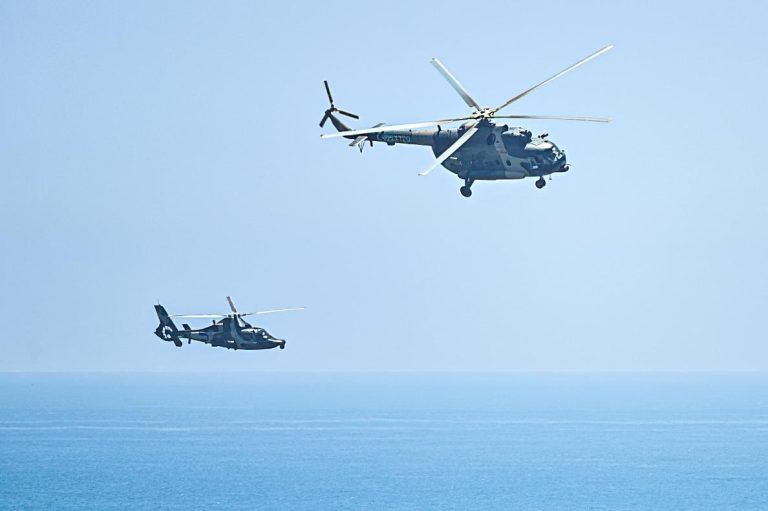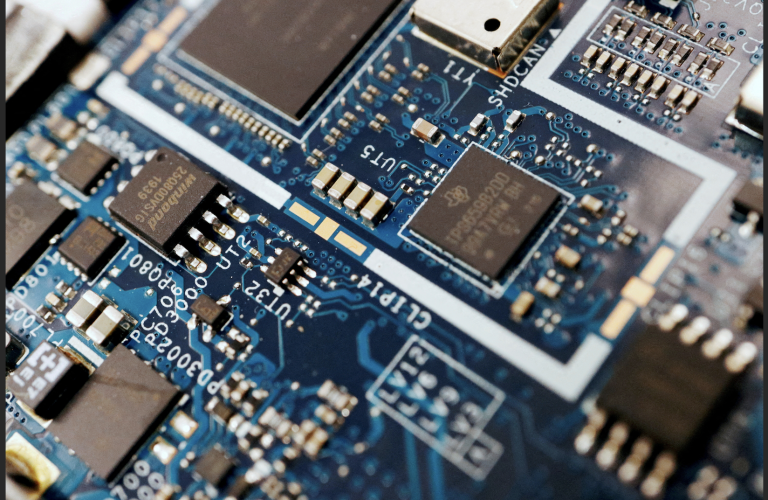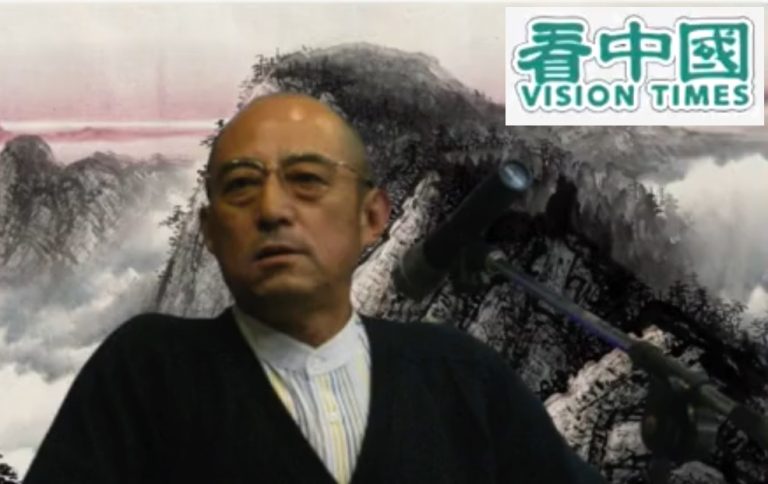On Jan. 7, China imposed sanctions on five American defense manufacturers in response to Washington’s recent arms sales to Taiwan. The move, which was announced by the Chinese Foreign Ministry on Sunday, marks a significant development in the already strained relations between China and Taiwan.
The sanctioned companies: BAE Systems Land and Armaments, Alliant Techsystems Operations, AeroVironment, Viasat, and Data Link Solutions, come after the U.S. State Department’s approval of a $300 million military package to bolster Taiwan’s tactical information systems. The deal exacerbated the longstanding dispute over Taiwan’s sovereignty.
“The recent arms sales [by the U.S. to Taiwan] seriously undermine China’s sovereignty and security interests — seriously jeopardizing peace and stability in the Taiwan Strait,” the Chinese Foreign Ministry said in a statement following the deal’s approval. The sanctions involve freezing the assets of these firms in China in addition to prohibiting Chinese individuals and organizations from conducting business with them.
Long-standing dispute
Taiwan, a democratically-governed island known formally as the Republic of China (ROC), has been a focal point of contention. Despite preserving its own sovereignty and de-facto governance, the Chinese Communist Party (CCP) claims it as part of its territory and has long vowed to use any means necessary to reunite it with the Chinese mainland.
In recent years, the CCP has increased its military activities in the Taiwan Strait, including frequent incursions into Taiwan’s Air Defense Identification Zone (ADIZ) and naval exercises. This, coupled with Taiwan’s 1971 expulsion from the United Nations (UN) in recognition of Beijing as the “only legitimate government China” has increased the island’s isolation from the international community.
Success
You are now signed up for our newsletter
Success
Check your email to complete sign up
RELATED: Xi Touts ‘Reunification’ With Taiwan as ‘Inevitable’ During Mao Commemoration in Beijing
The situation also underscores the delicate balance of power in the Taiwan Strait — a 160-kilometer-wide (about 90 miles) waterway that separates Taiwan from mainland China. But the timing of Beijing’s sanctions — coming just days before Taiwan’s presidential and parliamentary elections slated for Jan. 13 — is seen as a strategic move to influence the island’s political landscape.
“The Chinese government remains unwavering in our resolve to safeguard national sovereignty, security, and territorial integrity and protect the lawful rights and interests of Chinese companies and citizens,” the ministry’s statement said — reflecting China’s firm stance against what it perceives as U.S. and western interference in its internal affairs.
Crucial to Taiwan’s ‘credible defense’
The U.S., on the other hand, maintains that its arms sales are crucial for Taiwan’s self-defense. The Pentagon’s Defense Security Cooperation Agency stated that the arms sale serves to “support the modernization of Taiwan’s armed forces and the maintenance of a credible defense.”
But analysts are concerned that these developments could heighten the risk of military conflict, especially with China’s regular military drills around Taiwan serving as a stark reminder of the persistent threat. The U.S., despite recognizing China over Taiwan, is legally obligated to ensure Taiwan’s ability to defend itself, often leading to actions like warship movements through the Taiwan Strait, further aggravating Beijing.
RELATED: China Deploys Spy Balloons Over Taiwan, Escalating Tensions Ahead of Key Elections
Under the Taiwan Relations Act (TRA) of 1979, which commits U.S. support of Taiwan’s self-defense in the form of weaponry and intel, Washington has also continued to hold informal relations with the island, despite not formally recognizing it as an independent nation.
Sanctions are ‘largely symbolic’
The efficacy of Beijing’s sanctions, which are primarily viewed as “largely symbolic,” remains to be seen, notes Song Zhongping, a former instructor with China’s People’s Liberation Army (PLA). “Once certain defense contractors’ actions constitute a threat to China’s national interest and national security, Beijing will impose reciprocal sanctions against them,” Song told The South China Morning Post (SCMP).
While American defense contractors generally do not conduct business with China, the impact of sanctions could further reduce business opportunities between the two nations. However, the symbolic value of these actions cannot be underestimated in the realm of international politics, notes Song.
“By imposing the sanctions, China hoped these companies would realize that jeopardizing China’s national security would inevitably lead to the loss of the Chinese market.”













